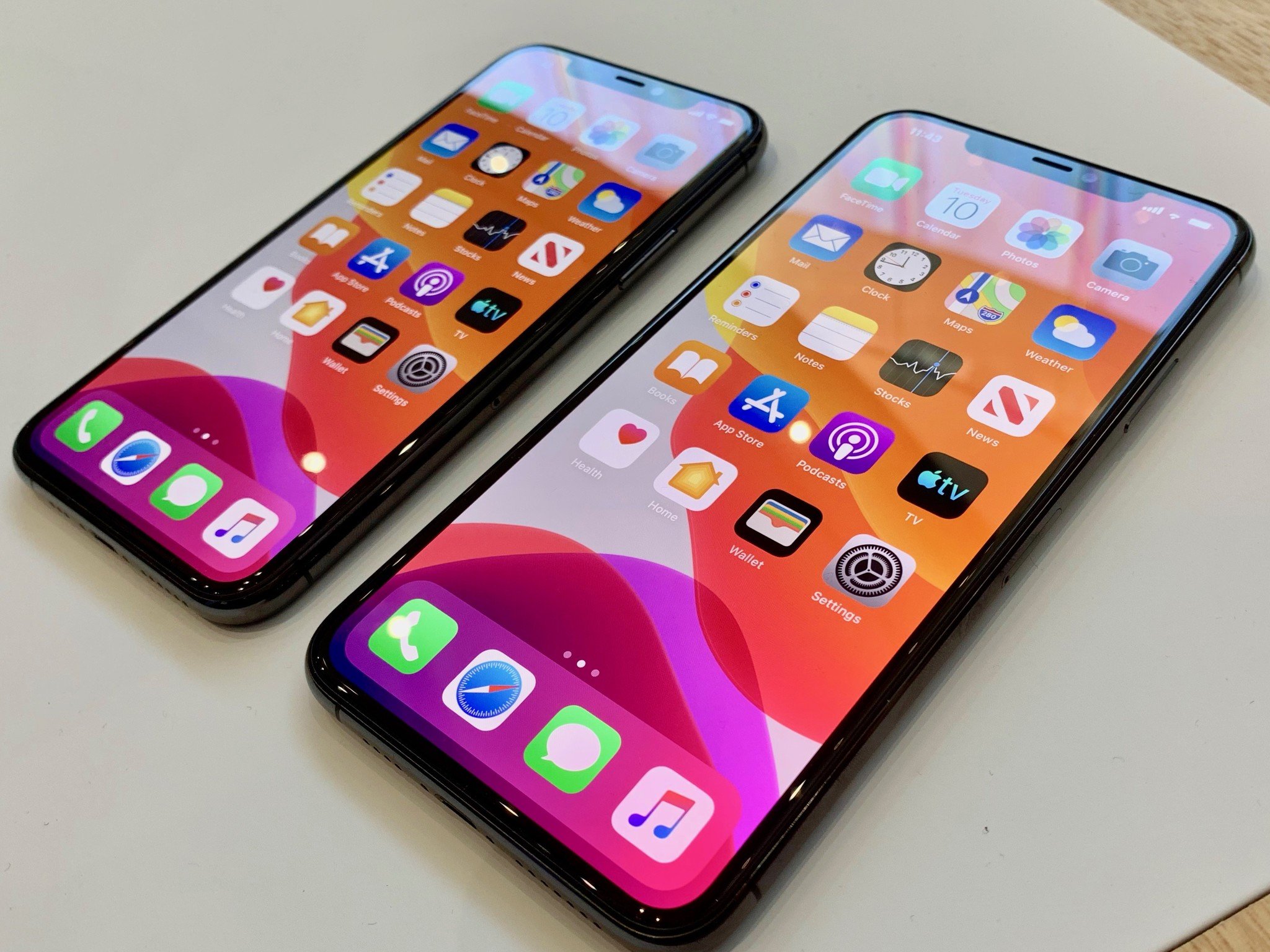'Apple users are a cult' is a tired argument that obscures real problems

iMore offers spot-on advice and guidance from our team of experts, with decades of Apple device experience to lean on. Learn more with iMore!
You are now subscribed
Your newsletter sign-up was successful
In his recent article, 'Against the Cult of Apple,' writer and digital rights advocate Cory Doctorow laid out a case for Apple's inclusion on 'The Evil List,' Slate's list of the 30 worst companies in tech. In the piece, Doctorow details Apple's history of fighting 'right to repair' legislation, its locking down of the iOS app ecosystem, its, to put it generously, muddled history with China, and more. These are all excellent points (though I do have a number of issues with how Doctorow chooses to characterize some of them).
But his overall point is a sound one: Apple is not your friend. This is true. But it seems that Doctorow thinks that Apple is getting a pass that other companies don't because it has its customers enthralled, cult-like, at the altar of the latest shiny iPhone. From 'Against the Cult of Apple':
This overall exemption from scrutiny—Slate's Evil List, in which the company ranks at No. 6, counts as the rare corrective to the conventional wisdom—is nothing new. Apple's unironic "Cult of Mac" has long been an off-the-balance-sheet major asset for the company, which has managed the seemingly impossible trick of getting its customers to feel like an oppressed minority over their decision to spend money on products made by one of the most profitable companies on Earth.
Honestly ... it's been a little bit since I've heard that one. A cult, I mean. Apple's sold well over a billion iPhones, so I'd argue it's more like a religion, but I get the point. The idea that Apple inspires unswerving loyalty in its customers has only ever been true for a small, if vocal, contingent of customers. Ditto for those who think they're some kind of 'oppressed minority.' Millions of people buy new Apple products every year, from iPhones to MacBooks and, at least from everything I've witnessed, they're not doing it because it makes them feel like they're in a special club or because they're distracted by a shiny object. They're doing it for a much simpler reason: they think Apple products are good.
Apple may have stumbled in recent years when it comes to the quality of some of its software releases, but for so many people, Apple products still 'just work.' What's more, these products are familiar: an iPhone is an iPhone is an iPhone. Whatever new bells and whistles they have, every new iPhone basically behaves the same as an old one, just faster and with a few more tricks. This can't always be said for each new Android device or Windows laptop. There's a certain consistency to Apple's products that people find comforting. And while people still experience problems with their iPhones or MacBooks, for many, a few pain points are worth it for the overall quality of the experience.
It's certainly fair to criticize Apple. Billion-plus-dollar companies need no defense from me or anyone else. But to paint its customers as befuddled cultists is, and always has been, a lazy argument that does no one any good. It is, in fact, a way of writing people off, which also allows you to absolve them of responsibility for the choices they make.
And if you, like Doctorow (and me, frankly), have problems with, for instance, Apple's stance on right to repair, or its relationship with China, or the closed nature of the iOS software ecosystem, then you have to look at its customers, too. Because Apple's behavior is its own responsibility, yes, but it's also ours, the customers who enable Apple to make these choices.
A company is always going to act in its own interests and those of its shareholders — that's what companies do. That doesn't excuse bad behavior, but it should give you an idea of what to expect. So if we want Apple (or any company, really) to change for the better, we have to make it clear, as customers, that it's in the best interests of the company to change for the better.
iMore offers spot-on advice and guidance from our team of experts, with decades of Apple device experience to lean on. Learn more with iMore!
It's probably easier to do with Apple than a lot of other companies. Apple is still one of the few major tech firms to publish supplier responsibility reports, detailing worker conditions and environmental impact of its own supply chain, as well as, readily-available environmental impact reports. As an entity, the company thinks long term, and it's already determined that enforcing higher standards from suppliers and cleaner energy usage are in its best interest, something other large companies still struggle with. So if it can be convinced that a tougher stance on China, or more open software or hardware ecosystems are to its advantage in the long run, then there's a chance that we'll see those things happen.
Choosing a brand to support, including Apple, sometimes feels like trying to make the best bad choice. From data harvesting, to toxic company cultures, to exploitative supply chains; it can all feel like a real mess that you can't do anything about. But applying enough pressure — real pressure — whether it's a full-blown boycott or getting legislation passed, may have an impact in making Apple, and companies like it, better actors for everyone everywhere.
So, instead of calling Apple fans "cultists" with blind loyalty and being dismissive of millions (billions, even) of people, maybe it's time to take a look at how we can pressure the "Evil List" of companies, Apple et. al, into doing the right thing by making them see that it's in their best interest to listen to what we have to say.
Joseph Keller is the former Editor in Chief of iMore. An Apple user for almost 20 years, he spends his time learning the ins and outs of iOS and macOS, always finding ways of getting the most out of his iPhone, iPad, Apple Watch, and Mac.

